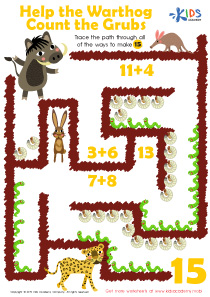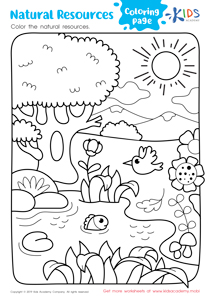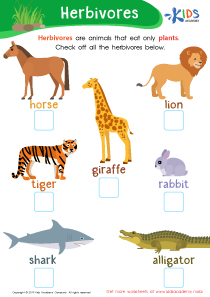Normal Maze Puzzles worksheets activities for Kindergarten
2 filtered results
-
From - To
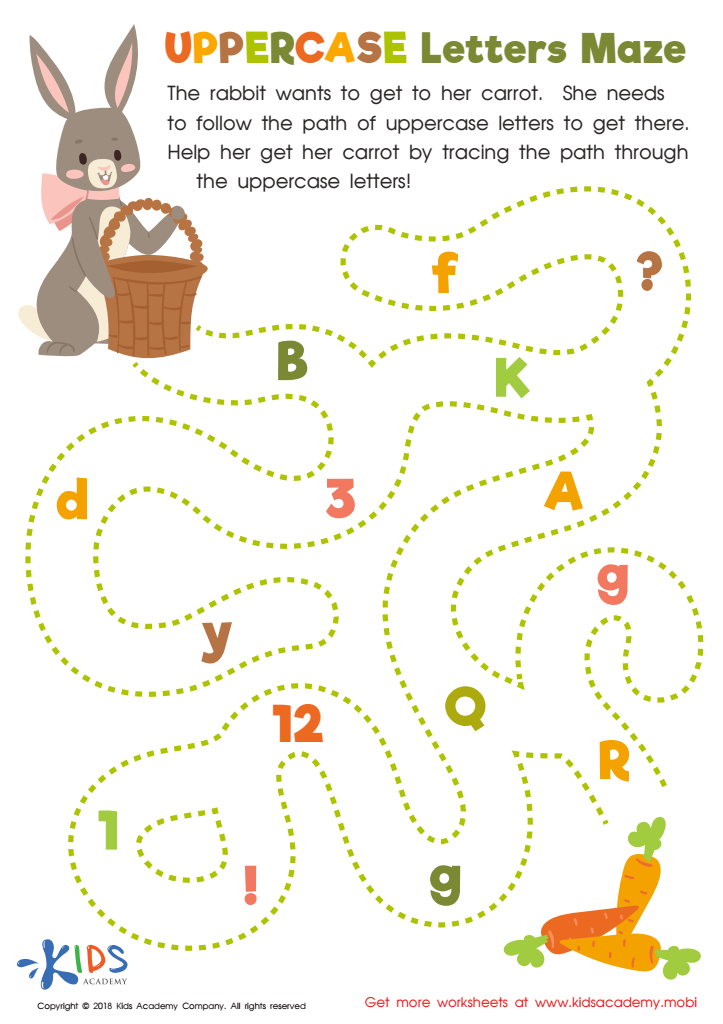

Uppercase Letters Maze Worksheet
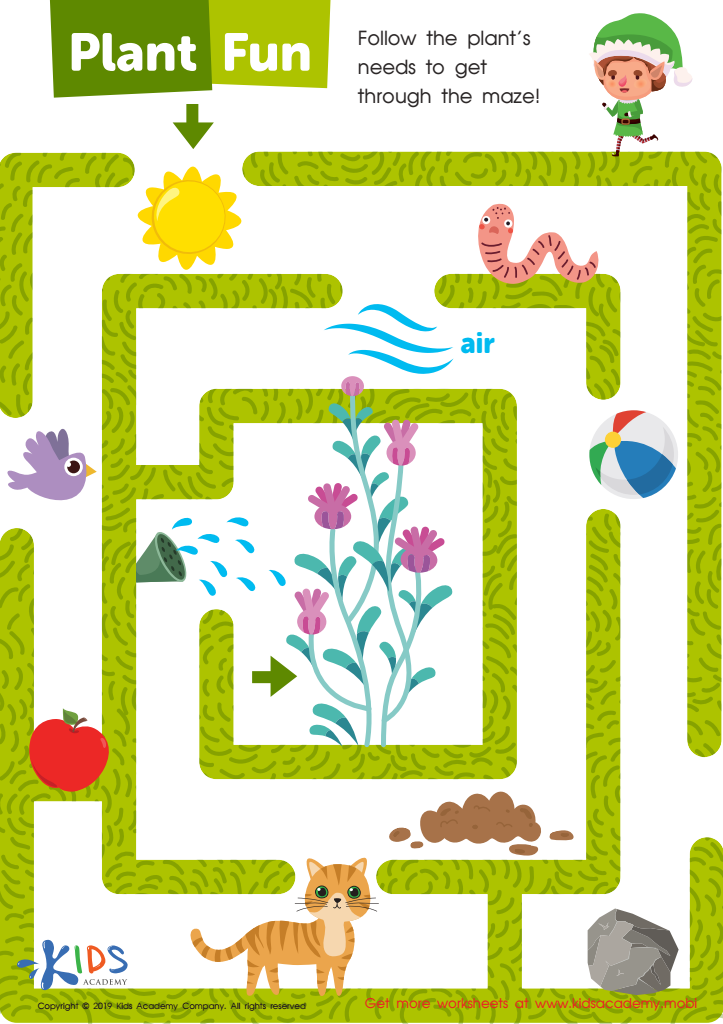

Plant Fun Worksheet
Normal Maze Puzzles worksheets activities for Kindergarten are a fantastic tool for young learners to engage with, offering a plethora of benefits that extend beyond just fun. These activities are meticulously designed with the developmental stage of kindergarteners in mind, ensuring they are both challenging and accessible. Here’s why incorporating Normal Maze Puzzles worksheets activities into the kindergarten curriculum is a brilliant idea.
Firstly, these puzzles significantly enhance problem-solving skills. As children navigate their way through the mazes, they learn to anticipate and plan their moves ahead of time. This early introduction to strategic thinking is crucial and serves as a foundation for more complex problem-solving tasks they will encounter in their educational journey.
Secondly, Maze Puzzles worksheets are excellent for improving fine motor skills. The act of drawing lines through the maze requires control and precision, which are essential for writing. Kindergarteners, through regular practice, refine their pencil grip and hand-eye coordination, making the transition to writing letters and numbers smoother and more natural.
Furthermore, these worksheets are a subtle yet effective way to boost critical thinking skills. Children learn to evaluate multiple paths, make decisions, and understand the consequences of their choices. This level of cognitive engagement is essential for developing keen analytical skills that are beneficial across all areas of learning.
Additionally, Normal Maze Puzzles worksheets activities for Kindergarten are a source of immense satisfaction and confidence for young learners. Completing a maze provides a sense of accomplishment, which in turn fosters a positive attitude towards challenges. This boost in self-esteem is crucial at an early age and can motivate children to embrace learning with enthusiasm and confidence.
In summary, Normal Maze Puzzles worksheets activities for Kindergarten are more than just a pastime. They are a multifaceted educational tool that promotes problem-solving, fine motor development, critical thinking, and boosts self-confidence. Incorporating these activities into the kindergarten curriculum not only enriches learning but also prepares children for a successful academic future.

 Assign to the classroom
Assign to the classroom






